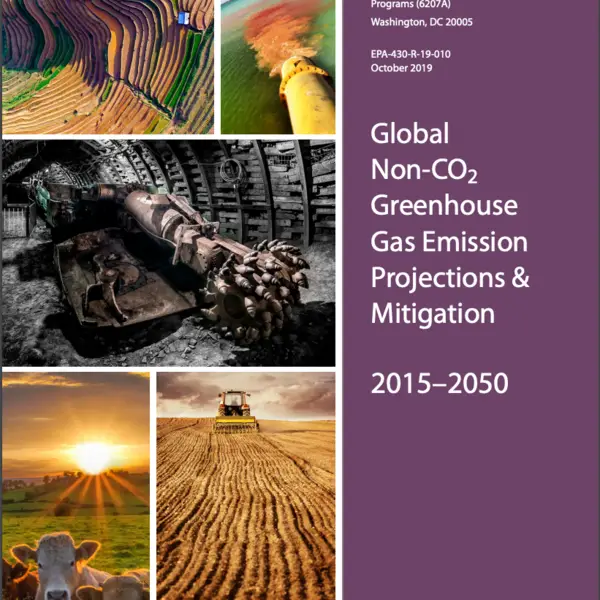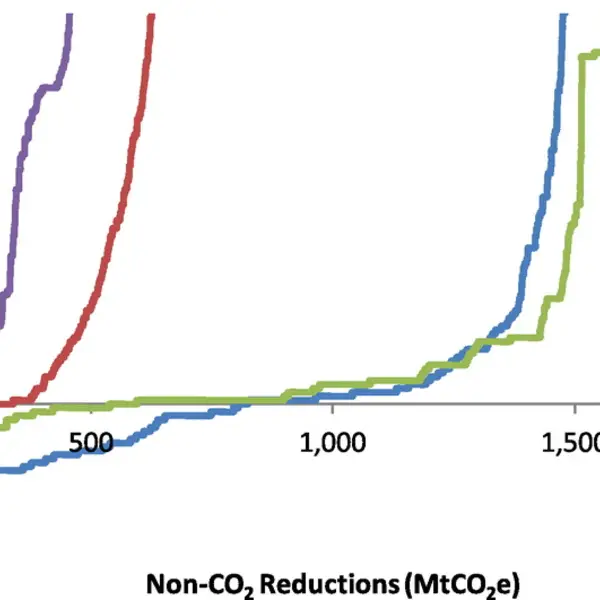Using an economic lens to inform effective and efficient solutions that protect our environment and human well-being
Improving the well-being of all people includes protecting the environment that sustains us. The RTI Center for Applied Economics and Strategy establishes the foundational knowledge needed to address urgent threats to our natural resources; these threats include climate change, biodiversity decline, and degradation of air and water quality.
We work across scales—from local to global—to pursue realistic solutions and measurable benefits for our planet and its citizens. By collaborating closely with clients, we derive salient research outputs that support decision-making and enable action.
Our portfolio of cutting-edge economic tools and rigorous research methods, includes the following:
Benefit Cost Analysis—Evaluating the costs and benefits of programs and policies by incorporating values of natural capital; this work allows us to provide insight into comprehensive net benefits and the cost-effectiveness of various interventions.
Scenario Assessments—Designing and assessing future scenarios to explore potential macroeconomic and environmental impacts of alternative policy formulations, to inform decision-makers about possible tradeoffs among competing objectives.
Ecosystem Service Valuation—Conducting detailed assessments (in the form of regulating and provisioning services) about the value that ecosystems provide and integrating these values into analyses of intervention impacts.
Impact Evaluation—Using empirical tools and historical observations to generate estimates about environmental program and policy impacts and using economic modeling tools to determine the expected future impacts of planned or proposed policies.
Geospatial Analysis—Leveraging geospatial data and tools to track (1) how impacts, costs, and benefits of environmental programming vary across space and (2) how this programming may disproportionately impact certain communities or damage high-value ecosystems.
We apply these tools across various environmental and natural resource management challenges around the world.
Climate
Our climate experts help government agencies and private-sector clients design and implement cost-effective climate change mitigation strategies that support the transition to a low-carbon global economy.
Food and Agriculture
Our team works around the world to make food accessible, nutritious, safe, and sustainable.
Energy
Our energy experts improve energy access and support the global transition to a clean energy future.
Forests
We work to protect and restore global forest ecosystems, stabilize global climate, safeguard ecosystem services, and promote economic development.
Water
The RTI Center for Water Resources strengthens water security and resilience against a backdrop of increasing demand, water scarcity, extreme weather events, and hydrologic uncertainty.
Air Quality
Our air quality experts offer clients a wealth of knowledge about the processes, air emissions, and control technologies that affect key industry sectors known for potential air pollution problems.
Waste
We work with public- and private-sector clients around the world to support sustainable solutions for waste and materials management.
International Development
Our international development experts bring together public- and private-sector stakeholders to manage natural resources and promote sustainable livelihoods while conserving unique biodiversity.
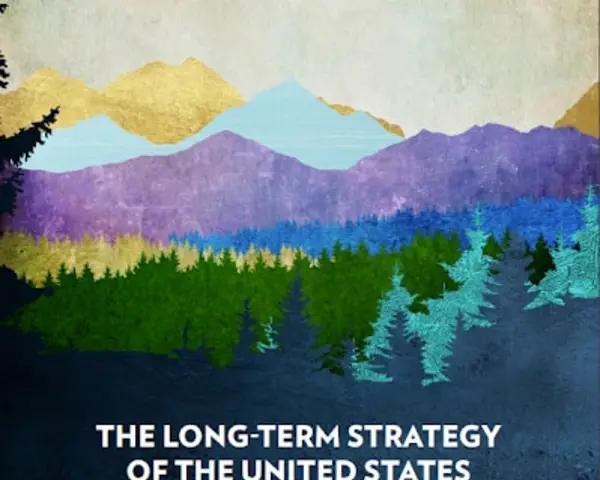
National Climate Reports
The 2021 Long-Term Strategy presents ways the United States can reach its goal of net-zero emissions no later than 2050. For this report, RTI provided land use and greenhouse gas modeling support to project the mitigation potential of the US land sector.
NonCO2 Projections and Mitigation Reports
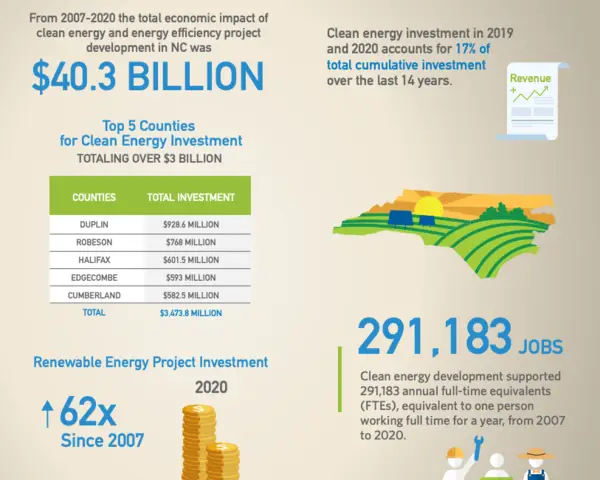
North Carolina Energy Policy Reports
RTI collaborated with the North Carolina Sustainable Energy Association to develop the Economic Impact Analysis of Clean Energy Development in North Carolina. This analysis estimated the direct and indirect impacts of renewable energy and energy efficiency investments made in the state.
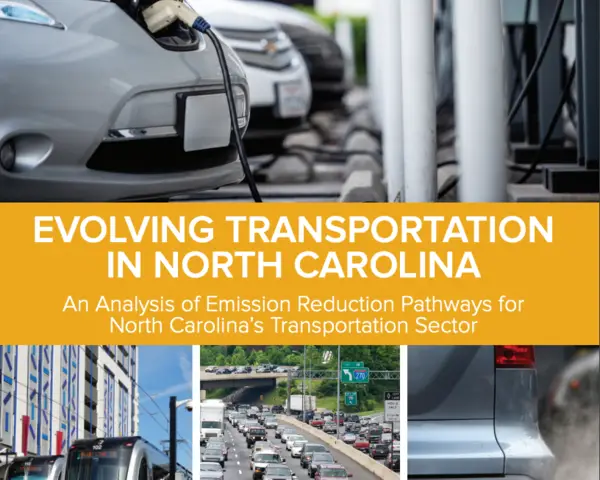
SELC/NRDC Transportation Emissions Pathways Report
RTI evaluated the impact of four strategies for reducing greenhouse gas emissions from the transportation sector in North Carolina. These strategies included reducing vehicle miles traveled, increased transit usage, electrification of passenger vehicles, and vehicle efficiency standards.


